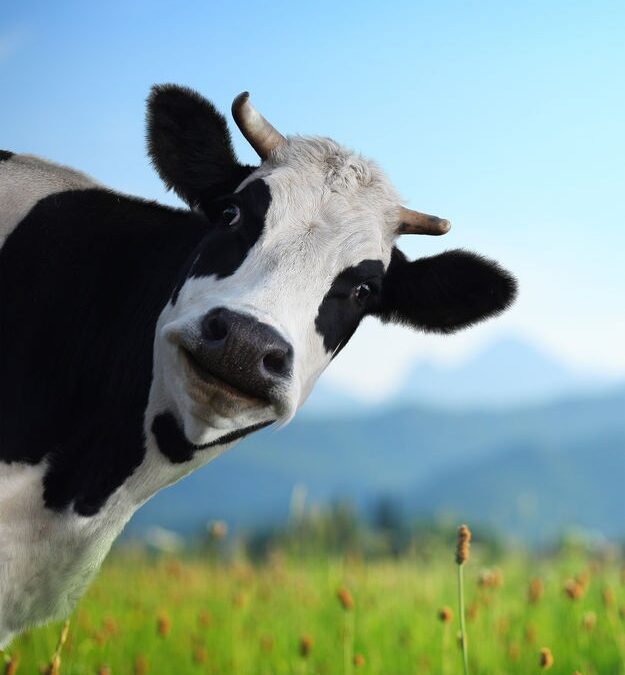
The challenge of vegan marketing strategies can be overwhelming for entrepreneurs trying to compete in the space. Just like any other business venture, effective strategies arise from knowledge. If the challenge of the vegan marketplace fires your entrepreneurial spirit, the place to begin is with education and knowledge.
The best place to start is to understand what veganism is. According to The Vegan Society, the definition of veganism is:
Veganism is a way of living which seeks to exclude, as far as is possible and practicable, all forms of exploitation of, and cruelty to, animals for food, clothing or any other purpose.
There are many ways to embrace vegan living. Yet one thing all vegans have in common is a plant-based diet avoiding all animal foods such as meat (including fish, shellfish and insects), dairy, eggs and honey – as well as avoiding animal-derived materials, products tested on animals and places that use animals for entertainment.
This may seem cumbersome or confusing for some, but it really can be boiled down to the simplest terms as DO NO HARM to other creatures. What veganism is not is a diet or a fad but is truly a way of living that benefits all creatures.
Look at the Numbers
Just like any other problem-solving venture, the place to start is with the data. There are many different sources of information, and of course, the data may vary from source to source, which means you do need to do your homework. With that said, we will stay with The Vegan Society as our source of information.
- From 2014 to 2017, the number of vegans in the US grew by 600%, from 4 million to 19.6 million.
- Two out of three Americans have stopped or reduced their consumption of meat.
- Plant milk makes up 13% of the milk industry, with sales growing 6% in 2019. During the same period, cow’s milk sales decreased by 3%.
- By 2025, the vegan leather market will surpass the animal leather market.
Impact of Animal Products
This is one of the driving forces in veganism. When you speak with someone about why they chose to go vegan, they will say it was either for the animals, their health, or for the health of the planet. Commercializing and consumption of animal products have an impact on all three of those categories and why people choose to make changes. Let’s look at some information that may change your outlook on things.
- Animal agriculture is responsible for 80 – 90% of all water consumption in the US.
- 80% of all antibiotics sold in the US are used for animal agriculture, to prevent disease and promote growth because of the conditions the animals are raised in.
- A farm of 2500 cows creates as much waste as a city of 411,000 people.
- Four hundred million fewer animals were killed in 2014 vs. 2007.
We have specifically avoided providing detail on the conditions and environment of animal processing, along with the conditions in and around processing plants. They are, simply put, horrific and beyond the possibility of understanding. We encourage you to dive into these statistics and watch some videos on the subject. It will be impactful and allow you to better understand the true meaning of veganism.
Let’s Talk Marketing
Now that we have your attention through some good data, you have a better understanding of veganism and the importance of vegan marketing strategies. It is crucial that you get things right and your products meet the standards of veganism. There is no margin for error. If you claim something is vegan, make sure it meets the criteria. Let there be no doubt, you will be tested by the consumer. Vegans are passionate about their lifestyle and are very keen on finding error or false claims. Be thorough about your product and ensure your vegan brand meets the expectations. Here are some tips for developing your marketing efforts:
- Start with great resources: Connect with organizations such as The Vegan Society and PETA to guide your path forward.
- Connect with your market: Veganism is on a meteoric rise, and there are all kinds of resources in your local community.Get out to vegan food fairs and gatherings, farmers markets, and vegan restaurants. Talk to vegans and check out their products and how they are marketing.
- Be Authentic: Respect is the key! Understand what veganism is and show respect in your products.
- Communicate effectively: The vegan community is adept in the digital marketplace. The use of social media platforms remains a highly effective way to reach customers.
Interested in learning more about vegan marketing strategies for your small business? Give EDK a call at 818.488.1543 or email info@edkandcompany.com! Get some more tips and strategies on vegan marketing in our short video.

